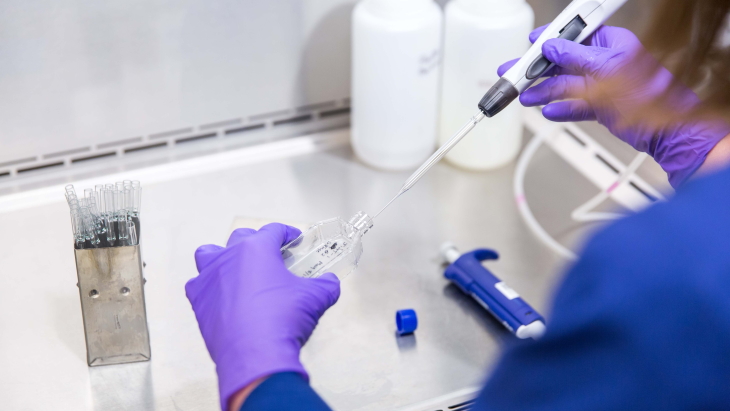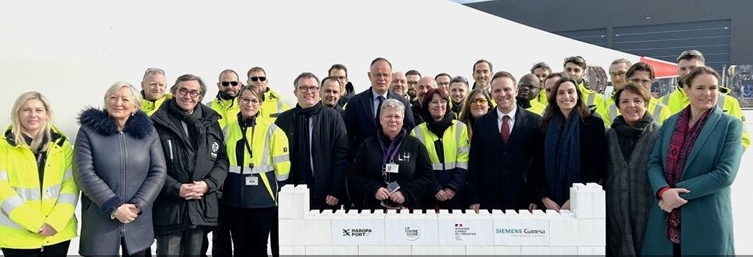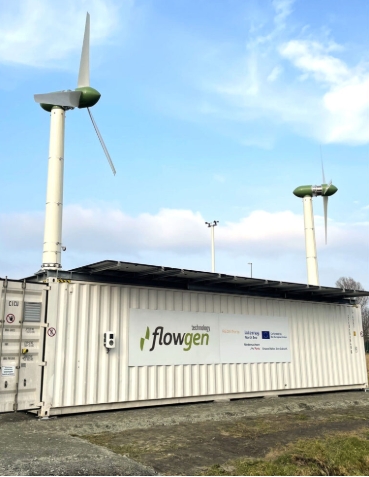Two Canadian research organisations have completed the first joint production run of actinium-225 (Ac-225), one of the rarest medical radioisotopes in the world. The high-purity isotope was produced using a high-energy cyclotron at the TRIUMF particle accelerator centre in Vancouver and processed at Canadian Nuclear Laboratories' (CNL) Chalk River laboratories in Ontario.
 (Image: CNL)
(Image: CNL)
Ac-225 is an alpha-emitting isotope that can be combined with a protein or antibody that specifically targets and kills cancer cells; the cancer-specific molecules seek out and destroy only cancer cells while leaving the surrounding healthy tissue unharmed, in a form of treatment known as targeted alpha therapy. With a short half-life of just 10 days, the actinium then decays without accumulating in a patient’s body.
This form of treatment has shown exciting potential in early studies with prostate cancer patients for whom conventional cancer therapies have not worked, and researchers are eager to try the approach with a wide range of cancers, TRIUMF and CNL said. However, current global supplies of actinium-225 would only be enough to treat a handful of patients every year, they said, leading to its nickname of the rarest drug on Earth.
"While targeted alpha therapy using actinium-225 is one of the most promising new forms of cancer treatment, research has been limited due to global scarcity of the isotope," Mark Lesinski, president and CEO of CNL, said. "Together, CNL and TRIUMF have now successfully demonstrated the viability of our production and separation processes, which could eventually enable hundreds of thousands of medical treatments every year across Canada and around the world. This achievement is a major leap forward in the availability of one of the rarest medical isotopes in the world."
"The 520MeV cyclotron at the heart of TRIUMF allows us to produce actinium-225 at a level of purity not possible with smaller cyclotrons," TRIUMF Director Jonathan Bagger said.
Kathryn McCarthy, vice-president of science and technology at CNL, said the production method which has now been successfully demonstrated could be scaled up to produce "meaningful quantities" of Ac-225.
"There is still a long road to travel before these treatments are generally available to the public, but we’ve overcome a big hurdle that has prevented researchers from verifying the promising results that have been seen in early laboratory testing," she said.







